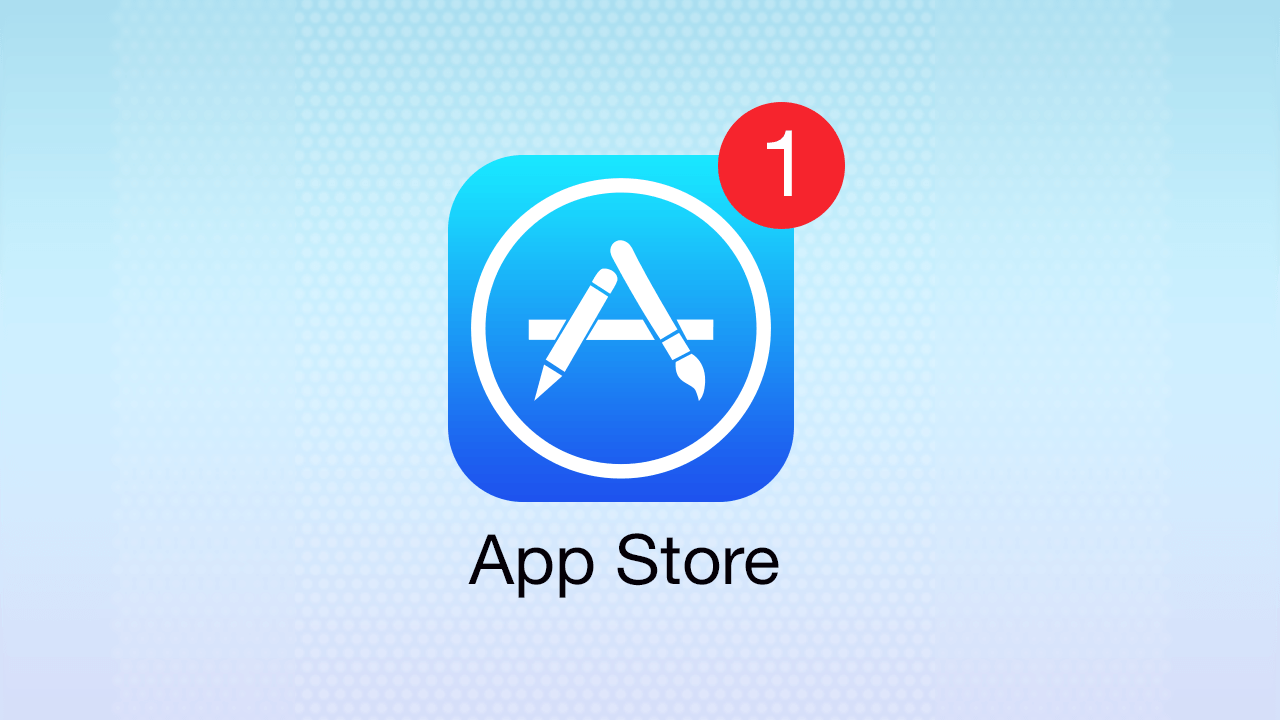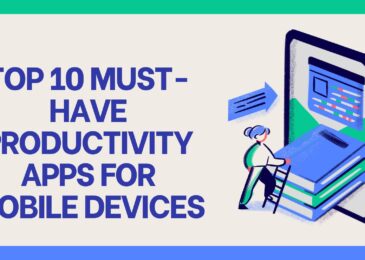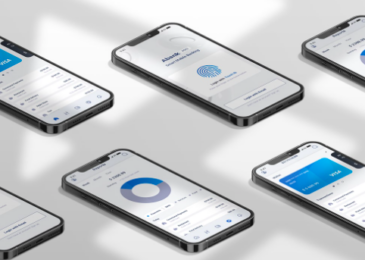App upgrades are important. Every time an OS updates or a new phone is released, apps become irrelevant or stop functioning, but most apps update much more often than that to deal with bugs, viruses, and other glitches. For those that take a more laidback approach, though, Android has thrown down the gauntlet. Both users and developers will have to upgrade regularly, and Android devices may even download upgrades without user permission.

The Importance Of Upgrades
App and OS updates are integral to device operations and regularly introduce new and exciting features. Last year, for example, Android launched Android 9.0 Pie, with new AI capabilities, extended battery life, and background app suppression, among other new offerings. For app developers, though, such a launch means making adjustments.
Depending on the complexity of the system update, app changes can take days or weeks to develop; typically, developers are informed about upcoming changes so they can be prepared. And, with the right tools, it’s possible to get new updates live in minutes. On the user end, though, whether to download that update has always been a choice – until now.
Invasion Or Improvement?
One of the primary concerns that users have expressed about Android’s new updates is that they may be forced to download upgrades even if they want to continue using the older version of an app. Generally speaking, though, this is actually a relatively negligible issue. There are a very limited number of circumstances in which a user would be harmed by forced updating and, indeed, it could help prevent users from accessing apps with major security issues. The larger issue seems to stem from user desire to control downloads on their devices.
In addition to permission-free background downloads, though, Android has also improved other parts of the update process. Now developers will be able to define how an app updates: a full-screen experience that is key for security updates or a flexible update that allows users to keep running the app while it downloads. In this regard, then, Android’s new update model is actually ideal for users and developers alike.
Putting Developers On Notice
Update changes don’t just apply to Android users; developers are being targeted. Though it hasn’t been released for Android Pie yet, the next version – Android Q – will push developers to update their apps. Furthermore, it will make users aware when they’re running an app made on Android Lollipop or earlier. Even if the app is secure and functional, this alert system could demonize small, niche programs and their developers and push users off those programs.
At present, it seems that Android has no plans to stop running these older apps, only to add alerts to them, but that could change. With that in mind, app developers responsible for older programs may want to plan simple upgrades utilizing Android Q when it launches. This could protect your app from targeting by the new Android system and give users the confidence they need to continue using their app. Remember, upgrades are a matter of security. Even if you don’t have a lot of resources to devote to your app, small tweaks can keep important tools on the radar.






